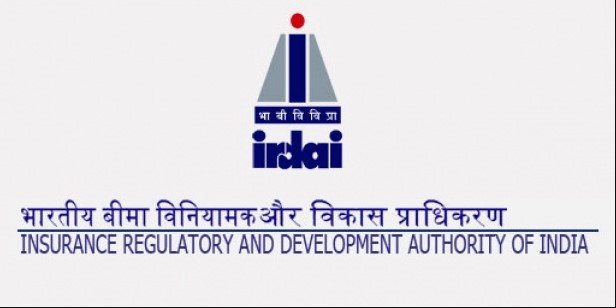The Notification of the Ministry of Finance defines merchant banker as;
“Any person who is engaged in the business of issue management either by making arrangements regarding selling, buying or subscribing to securities as manager-consultant, adviser or rendering corporate advisory services in relation to such issue management”
The Amendment Regulation specifies that issue management consist of prospectus and other information relating to issue, determining financial structure, tie-up of financiers and final allotment and refund of the subscriptions, underwriting and portfolio management services.
… Read the restIn the words of Skully “A Merchant Bank could be best defined as a financial institution conducting money market activities and lending, underwriting and financial advice, and investment services whose organization is characterized by a high proportion of professional staff able to able to approach problems in an innovative manner and to make and implement decisions rapidly.”

